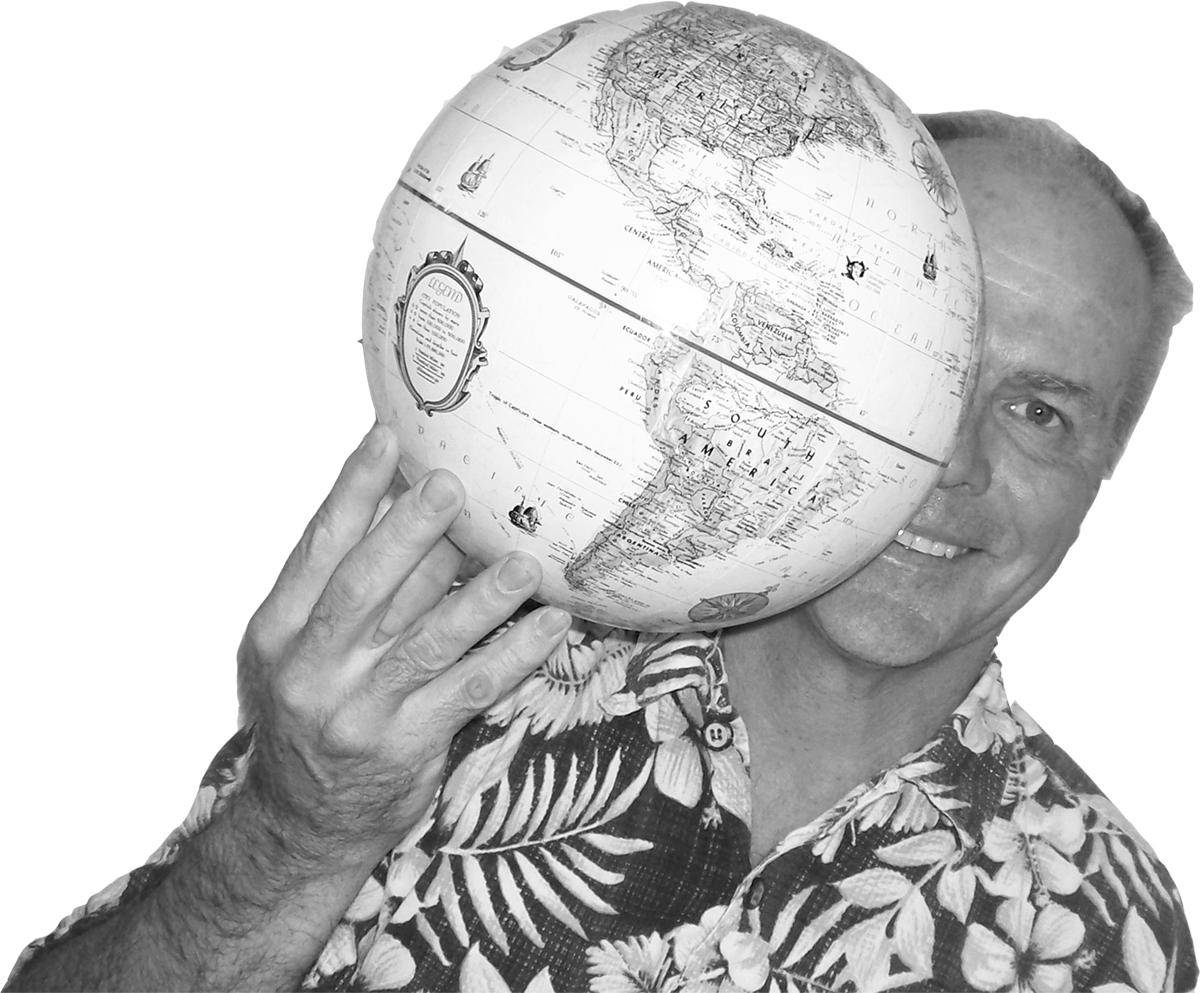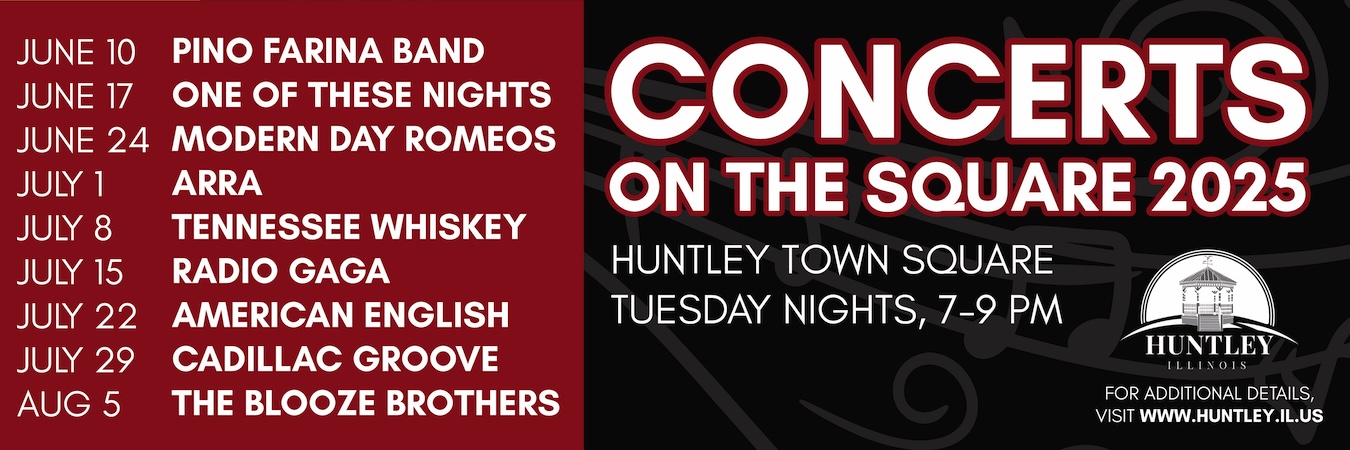It’s been a long time since I saw Cory — two or three lifetimes at least — and I wonder what sort of shoes he’s wearing now.
It’s not reincarnated lifetimes I’m talking about here, though it might as well be when it comes to Cory. The last time I saw him he had lived three full lives at the least. By now he must be well past five.

When I was a young English teacher at Maine South High School in Park Ridge, Cory was one of my favorite students. He was always bright-eyed and alert, always curious about whatever the lesson of the day was.
And when it came time for him to graduate, I asked him what college he would attend. It wouldn’t have surprised me if he named any of the best universities in the land.
But what did surprise me was that he had no plans to attend school at all.
Straight out of high school he vanished without a trace, and when he stopped in for a visit five or six years later, his eyes gleamed with wisdom and passion. He had joined the Peace Corps soon after graduation, he explained, and since then he had lived full-time in Africa, doing all of the things that you might imagine a Peace Corps worker would do. He spoke of teaching children, and building houses, and caring for the ill and the injured.
You got the sense that, at 23 years old, Cory was wise beyond his years in the ways of the world — for better and for worse. He could tell you how to harvest yams. He could tell you how to spot a tribal assassin.
But that was behind him, he said. He was moving on.
Settling down?
“No,” he said. “Just moving on.”
And then he was gone.
I didn’t see him for another five or six years. This time he had a full beard, and his shoulders were broader and thicker. But his eyes still glowed with passion and wisdom.
“Alaska,” he said when I asked him where he had been since we last met. “Working on the pipeline.” And now he could tell you all about moose, and wolves, and migrating caribou. He could also tell you about late-night fights in wilderness bars, where a knife might flash over the fall of a card.
“And now?” I asked him.
“Moving on,” he said, and then he was gone.
He showed up again another half-decade or more later. His beard was starting to show wisps of gray, and his hair hung longer over his ears, but there was none of that mid-30’s paunch around the middle that you saw in other men his age. His tan face was weathered, and smile lines furrowed the corners of his eyes.
“Tuna fishing,” he said when I asked. “In the Pacific.” And now he could tell you all about reading time by the stars, about how clouds whisper secrets of tomorrow if you know how to listen. He could also tell you about international fishing laws that made you choose sometimes between poaching and poverty.
And then he was gone again. Moving on.
I haven’t heard from him since. It’s been 30 years or more since Cory fished for tuna. At long last I’ve lost touch with him.
But I still think of him from time to time, most recently when I watched the film “A Complete Unknown” about Bob Dylan and listened to the song lyrics: “How many roads must a man walk down?” If you quizzed me, I probably wouldn’t remember any of the next five or ten minutes of the film, because my mind had drifted to Cory.
I wondered what lifetime he is living now—or whether he came to some more sudden and irreversible end of a lifetime. I could probably Google him, but I don’t think Google would have much information to list about the kind of guy who disappears quietly into Peace Corps, pipeline or poaching lives.
And anyway, I’d rather imagine that he’ll just show up again someday—maybe with a wooden leg or Polynesian face tattoos, and another tale or two to tell before he’s off again. Or maybe I’ll see him in a Dos Equis beer commercial if they bring back “The World’s Most Interesting Man.”
Robert Frost once wrote a poem about “The Road not Taken” that ponders where else we might have gone if we had only made different choices. When the road forks, we pick the path that seems to suit us best, whether heavily traveled or much less so, never returning to see what waited for us down a different trail.
It is one of the most beloved of all American poems, because each of us can see our own lives in it. Whatever our lives have ended up to be, whatever we have learned to do or not learned to do, we have arrived here because of the roads we have taken—and also because of the roads we have not taken. The poem is true for everyone.
Well, almost everyone.
Of all the things that Cory has learned how to do, he could never do what Robert Frost has done — write a poem about roads not taken.
TR Kerth is the author of the book “Revenge of the Sardines.” Contact him at trkerth@yahoo.com




